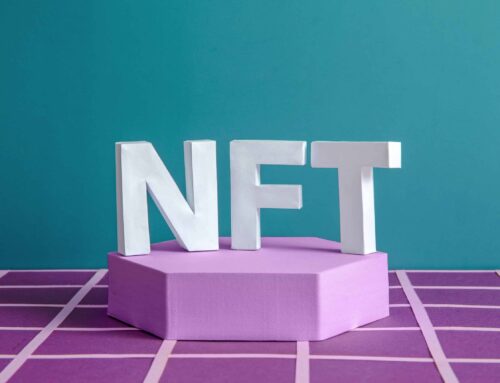Welcome back to the Scam Logs! Today, we’ll look at a broader type of scam, so broad you may have seen it without realizing.
We spoke about it in covering the “Pump and Dump” scam, but there are many more ways interested parties can manipulate the narrative. There are plenty of ways to trick a crowd’s perception. A version of this is called “shilling” and is done by “shills.”
But what’s shilling? Well, it’s promoting or making a cryptocurrency seem better than it is for ulterior motives. This can take many forms—and can be used for many nefarious ends. Scammers can pump up a cryptocurrency then bail out to profit off the risen interest or can use social engineering to make other scams more effective.
Fake crypto exchanges, Ponzi schemes, and other phishing scams sometimes are paired with shilling to make the trap feel more real. A random comment to some random link will not draw anyone to click or interact with it. But if a link has a ton of positive comments saying they were amazed by their investment returns—well, they only need you to click on a bad link once.
Because of the anonymous nature of sites like YouTube, one person can make multiple accounts and use them to boost a post to somewhere visible. One account can post a link, and then five or ten more can say it worked for them.
You may think that shilling would look like snake oil salespeople hawking wares, but scammers can and will go beyond what you might consider logical amounts of effort. These acts of shilling can seem remarkably organic.
So, how do you avoid things like this? Well, the easiest way is to use some common sense when you see comments. Don’t click on links in the comments. Don’t interact with them. No matter how much a random comment or post seems to have social traction, don’t click on it.
If you’re interested in what the comment’s talking about, then do your own research. Find reputable sources that back up the claims, and make sure websites talking about it are not just also owned by the same scammers. Someone promoting an unheard-of cryptocurrency does not inherently mean it’s a scam, but the danger is not to be underestimated.
We’ve covered a lot of scams here at the Scam Logs, and shills might tempt you with any of them. So, use the advice in the other articles—and this one—and be safe out there. A red flag is red, no matter how hard it is waved.





